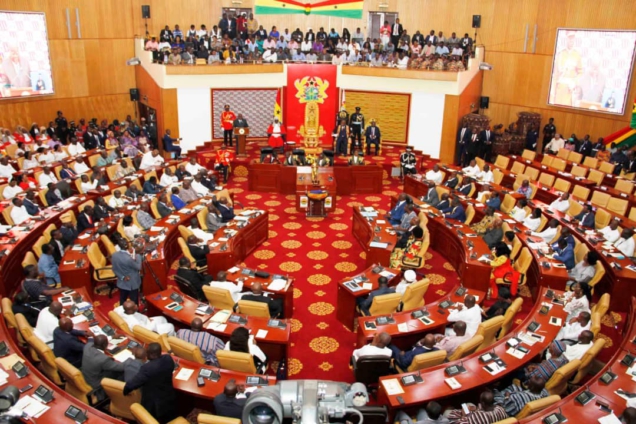adverts
Ghana’s Parliament has officially passed the Affirmative Action Gender Equity Bill 2024, landmark legislation aimed at addressing longstanding gender imbalances within the country. The bill, which has now been enacted as the Affirmative Action Gender Equity Act, seeks to counteract historical discrimination against women and challenge entrenched patriarchal norms.
In a session held on Tuesday, Speaker of Parliament Alban Bagbin announced the successful passage of the bill, stating, “Honourable members, the ‘ayes’ have it. The Affirmative Action Gender Equality Bill 2024 is now the Affirmative Action Gender Equity Act, duly read the third time and passed.”
The new law is designed to promote gender equity across both the public and private sectors, aiming to rectify social, cultural, economic, and political imbalances that have disproportionately affected women. Its enactment is seen as a significant step towards achieving greater equality and representation in various spheres of Ghanaian society.
adverts
However, not all lawmakers are fully supportive of the bill. Haruna Iddrisu, Member of Parliament for Tamale South, has voiced his reservations regarding the legislation. Speaking at the 15th MTN Pulse Africa Transform Summit in Kumasi, Mr. Iddrisu criticised the bill for not addressing specific issues pertinent to Ghana. He argued that its focus was more on international matters than local concerns.
Despite the criticism, Mr. Iddrisu acknowledged the importance of women’s aspirations but emphasised the need for practical and context-specific measures. He encouraged women to strive for their goals while also being mindful of managing their expectations within the current socio-economic framework.
The passage of the affirmative action gender equity bill represents a pivotal moment in Ghana’s legislative history, reflecting a broader commitment to gender equality and social justice. The Act’s implementation will be closely watched as it begins to shape policies and practices aimed at fostering a more inclusive and equitable society.


